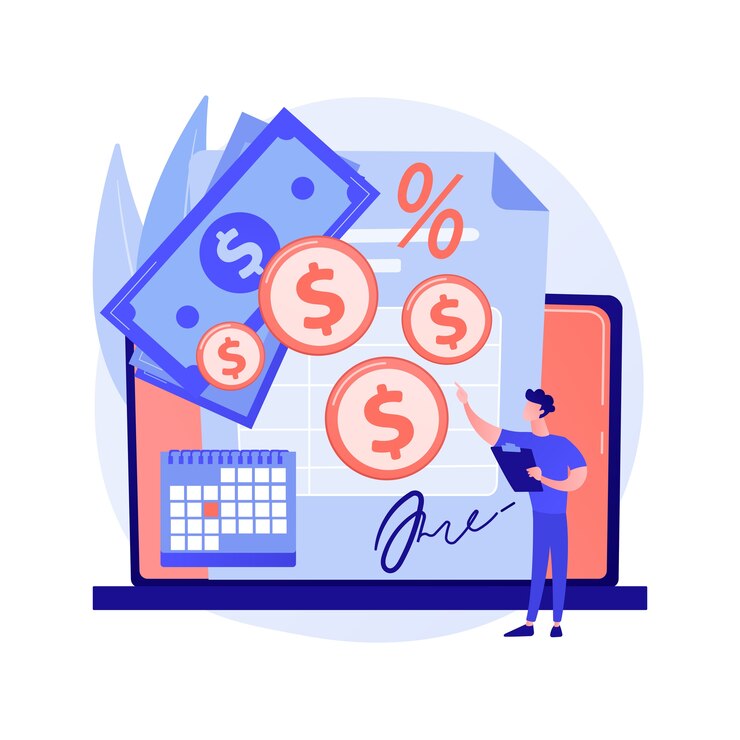Loan Settlement vs. Loan Closure: Key Differences Explained
When facing bank harassment due to loan repayment issues, terms like loan settlement vs. loan closure may seem similar. However, they are two different financial resolutions, each with unique implications.
At Bank Harassment, we help borrowers understand their rights and make informed decisions when dealing with lenders. This guide explains the impact of settlement vs. closure and helps you choose the right approach for financial relief.
Loan Closure: Full Repayment Without Compromise
Loan closure means you have fully repaid your loan as per the original terms. It results in a “paid in full” status on your credit report, leaving no further financial obligations.
Key Benefits of Loan Closure:
-
Positive credit score impact – Full repayment strengthens your creditworthiness.
-
No legal risks – There are no remaining obligations, reducing chances of further bank harassment.
-
Better access to future loans – Lenders offer better terms to those with a clean repayment history.
-
No tax liabilities – Since the entire loan is paid, there are no tax implications.
Loan Settlement: Negotiating a Reduced Payment
Loan settlement involves an agreement where the lender accepts a reduced lump-sum payment instead of the full outstanding amount. While this may provide short-term relief, the impact of settlement vs. closure can be significant.
Consequences of Loan Settlement:
-
Negative impact on credit score – Your credit report will reflect a “settled” status, which can reduce your chances of future loan approvals.
-
Potential legal complications – If you don’t comply with settlement terms, lenders may take legal action.
-
**Risk of future bank harassment – Some recovery agents may still contact you, leading to further stress.
-
Possible tax liabilities – The waived loan amount may be considered taxable income.
-
Legal documentation required – A formal settlement agreement must be signed by both parties to avoid disputes.
Which Option is Better?
Choosing between full loan repayment vs. settlement depends on your financial situation. Loan closure is always the best option for maintaining a strong credit history, but if repayment is impossible, settlement can offer relief. However, borrowers should be aware of its long-term effects.
Protect Yourself from Unfair Practices
If you’re facing bank harassment while dealing with loan settlement or closure, know your rights. Lenders must follow RBI guidelines, and illegal recovery practices should be reported.
Bank Harassment: Supporting Borrowers Against Unfair Practices
At Bank Harassment, we assist borrowers facing pressure from lenders. Whether you’re considering settlement or full repayment, we help you understand the process and ensure you’re treated fairly.
For guidance, Contact Us today.
Conclusion: Making the Right Financial Decision
Understanding the impact of settlement vs. closure is essential for protecting your financial future. While full loan repayment vs. settlement offer different paths, the right choice depends on your situation. By staying informed and seeking expert advice, you can manage your debts effectively and avoid bank harassment.



